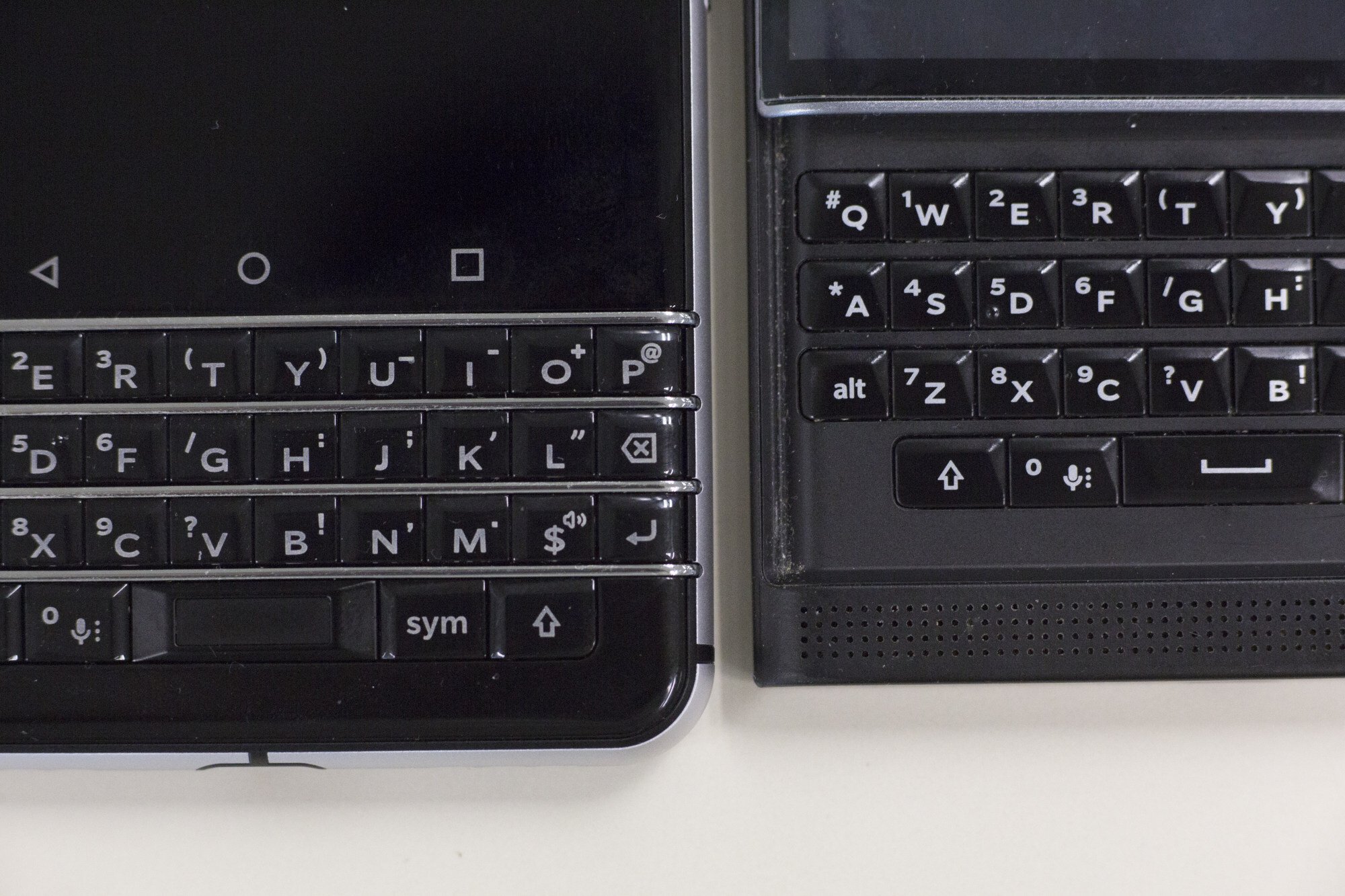
Bye bye BlackBerry, hello Google Pixel: after 14 years with the keyboard phone, it’s time for me to move on
- The BlackBerry won fans in the 2000s with its physical keyboard, before being overshadowed by Android and iOS phones
- Support for older BlackBerry phones has just ended, and like Kevin Kwong, many fans have had to leave their keyboard addiction behind
As a BlackBerry user since 2008, I have been a diehard fan of the phone’s physical QWERTY keyboard. Typing on it – the clicking sound and tactile feedback of the keys – has always been oddly satisfying and totally addictive. The fact I was able to write pretty accurately on it was a bonus.
So you can imagine my initial reluctance to even contemplate giving up my BlackBerry (the Key2 Limited Edition was my last handset) after 14 years. It was unthinkable. But, in the end, I had to.
The rumoured 2021 release of a new BlackBerry by a US-based company called OnwardMobility came and went. While the phasing out of support for all BlackBerrys had already begun, the death knell sounded on January 4, when devices running on the company’s original operating systems and services – BlackBerry 10 and BlackBerry 7.1 software or earlier – ceased to function.
While that didn’t affect my Key2 LE, which was the last BlackBerry released by Chinese phonemaker TCL and runs on Android (v. 8.1.0), its days are also numbered.

I can’t even remember the last time I received a security update for the handset (which is worrying, since the brand has always prided itself on being “the most secure mobile device”) and it has been reported that TCL will end all support for its BlackBerry phones by August 2022.
So it was clearly time to move on. And, to be honest, once I (finally) got over the psychological barrier of letting go of my BlackBerry, the transition to a smartphone without a physical keyboard has been surprisingly smooth.
Thank goodness BlackBerry isn’t doing away with keyboard, this devoted fan says
Virtual keyboards are pretty decent these days and most phones have screens six inches or bigger, so thumb typing is no longer as big an issue for me as it was in the past.
I’ve been using the new Google Pixel 6 Pro for a couple of months and have not looked back. Though the haptic feedback on keypress is only so-so even when I set the power of vibration to maximum, the accuracy of my typing, which has been incredibly high, has blown me away.
It is also good to receive regular security patches again. And since this is a Google phone, it will be receiving Android (it’s currently running on v. 12) and security updates for at least the next couple of years.

BlackBerry has been a reliable and powerful work companion for me for well over a decade and I will always have fond memories of shooting off thousands of emails and banging out 800-word stories on them while on the move.
But mobile technology has also advanced so much that the Pixel 6 Pro (and I am sure many other models on the market) is such a superior smartphone to the Key2 LE in every way that no one should be held back by their physical keyboard addiction any more.
It is just not a worthy trade-off.

